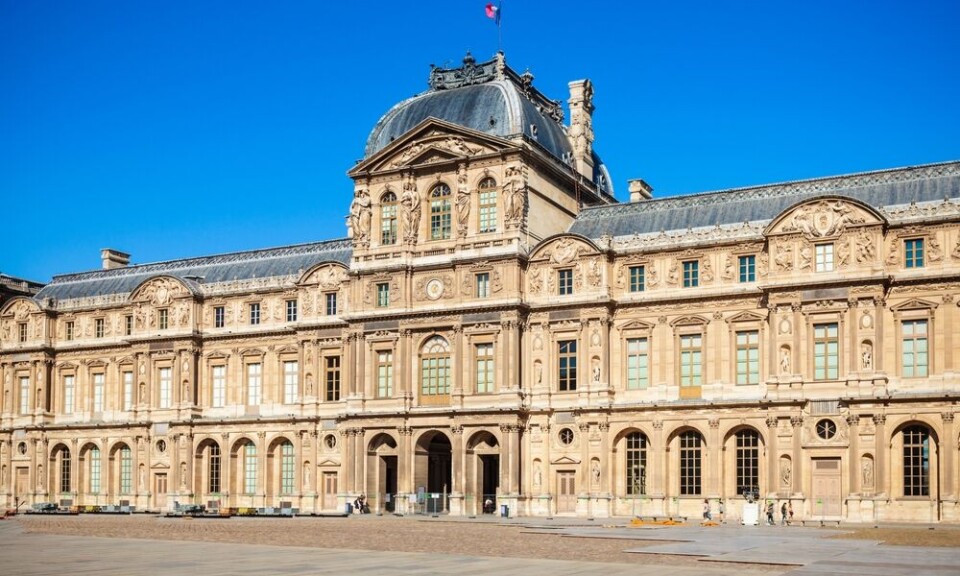Pension freeze to affect 14 million people in France: who and why
It is estimated that a six-month delay will save the state more than €4 billion by 2025
The delay is set to save billions by 2025, but unions have condemned the decision
Redaktion93/Shutterstock
The revaluation of pensions in France is to be delayed by six months as part of the new prime minister’s plans to find €60 billion in savings to shore up the country’s deficit.
Michel Barnier has said that France needs to find this amount to bring down the deficit from a projected 6.1% of GDP this year to 5% in 2025.
He has said that €20 billion is expected to come from tax increases on the highest-earning companies and individuals. But another source will be from pensions.
According to Le Monde, pension increases will be delayed by six months, and will not change until July 1, 2025, instead of January 1, 2025, as previously anticipated.
An estimated 14 million pensioners will be affected. It will apply to those on compulsory basic schemes (e.g. pensions from the private sector and the civil service). However, it will not affect benefits paid by other pension funds (e.g. Agirc-Arrco).
The measure is set to save the state around €4 billion by 2025.
Mr Barnier’s decision to freeze pensions appears at odds with previous statements by President Macron earlier this year, who has repeatedly said that he does not want to target this demographic. He has previously said: “Pensioners’ purchasing power is not an adjustment variable.”
Union criticism
Unsurprisingly, workers’ unions have responded critically to the decision.
Yvan Ricordeau, deputy head of the CFDT, called it “scandalous”. “There are two million poor pensioners who are going to suffer even more for six months,” he said.
Pascale Coton, vice-president of the CFTC, called the decision “ugly”, while Force Ouvrière called the news “a bad move” in a press release.
National secretary of the CFE-CGC, Christelle Thieffinne, said that before issuing an opinion on the decision, the union would like to “have an overall view of the efforts that will be made to reduce the public deficit” overall.
Tax increases
The plan comes after Mr Barnier confirmed that he intends to raise taxes for the wealthiest people in France, with several scenarios currently being considered.
Read also: Proposed tax rises on well-off in France: who is deemed wealthy?
In a speech to the Assemblée Nationale on October 1, the PM said that “fixing the public’s finances would not be painless”, and called the country’s debt of €3,228 billion, and public deficit of 6%, “a real sword of Damocles”.
Yet, he said that the effort would need to be “shared”, particularly by “large and very large companies that make substantial profits”, and by “the wealthiest French people’, who will help find the other €20 billion in cuts, he said.
Mr Barnier has already said that he will “not touch” taxes for the middle classes and average earners.
The PM is set to hold a meeting with MPs on October 9. This is also the date on which the new budget for 2025 will be presented, in which he is expected to finalise details on the new taxation and pension plans.




























